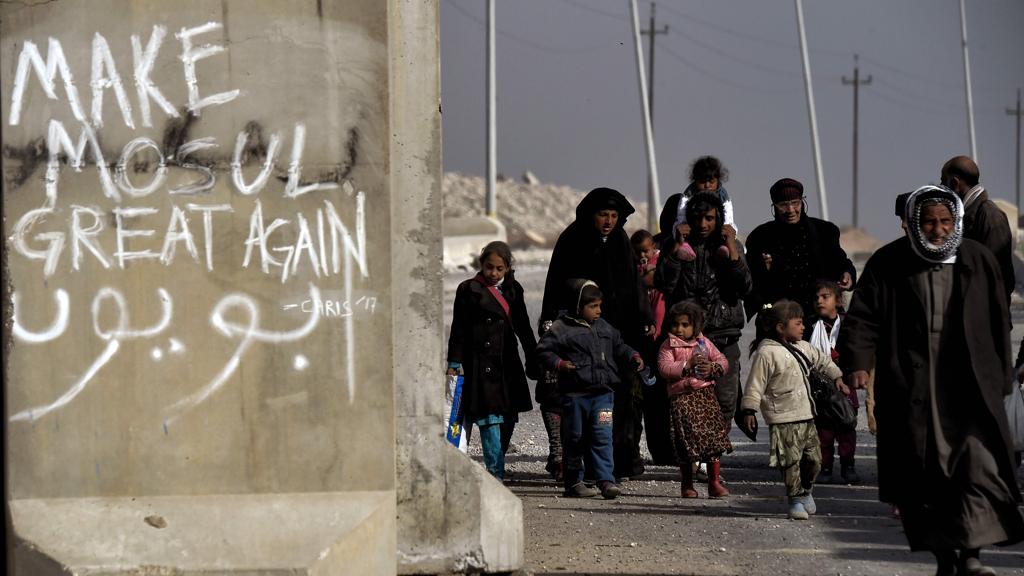
Should medics embed with Iraqi Army for safety?
Unless doctors are safe, they can’t work; to be safe, they have to work for the Army
More than 8,000 civilians have been killed in the battle for Mosul, formerly an ISIS stronghold in northern Iraq, since the Iraqi Army launched an assault in November. An estimated 2,000 ISIS soldiers have died, and about 800 of the coalition troops.
But there are also thousands of wounded who are being treated in frontline clinics by a variety of organisations, some commercial outfits, others NGOs sub-contracted by the World Health Organisation. Because the environment is so dangerous, most of them are embedded in the Iraqi Army. When a patient enters, government officials check to see if he is an ISIS militant or sympathiser.
Is this ethical?
The answer given by Jonathan Whittall, of Médecins Sans Frontières/Doctors Without Borders (MSF), is an emphatic No. Whittall is working in Mosul for MSF, which has tried to put itself at arms’ length from the Iraqi Army. “If healthcare is only carried out as a component of the overall military strategy, it undermines the very basis of medical ethics,” he writes in a blog post in the BMJ.
Using health facilities in this way for law enforcement purposes makes health facilities places to be feared and further aligns healthcare to one side of this conflict. This violates the ethical duties that should guide the medical profession and which the World Health Organisation (WHO) adheres to. Yet it is this same WHO that has subcontracted its emergency health programme to these hospitals incorporating the screening practice.
Whittall also fears that this policy will backfire when this war winds down. He writes:
“The potential longer term consequences are also daunting: when the temporary anti-IS alliance of normally opposing armed actors begins to unravel, the perception of humanitarian actors will likely be tainted by this embedding practice. For now it looks like medical assistance serves the interests of the central state (or its foreign backers)—a state many of the armed groups oppose. The security implications of this for all those trying to work in Iraq in the future could be grave.”
Unsurprisingly, Whittall’s point of view was criticised as unrealistic. One of the comments beneath his post reads:
MSF is talking like they are inside the city, when the reality is that they are far away in different villages, without these NGOs MFS would only be receiving body bags. MSF is doing a great job running their field hospital outside of Mosul, but there is a great need for healthcare workers all the way up front to provide emergency medicine and trauma stabilization, a job MSF don't want to do.
Creative commons
https://www.bioedge.org/images/2008images/MEYP238O-k3UB-U110015442199676wD-1024×576@LaStampa.it_.jpg
ethics of war
iraq
mosul
